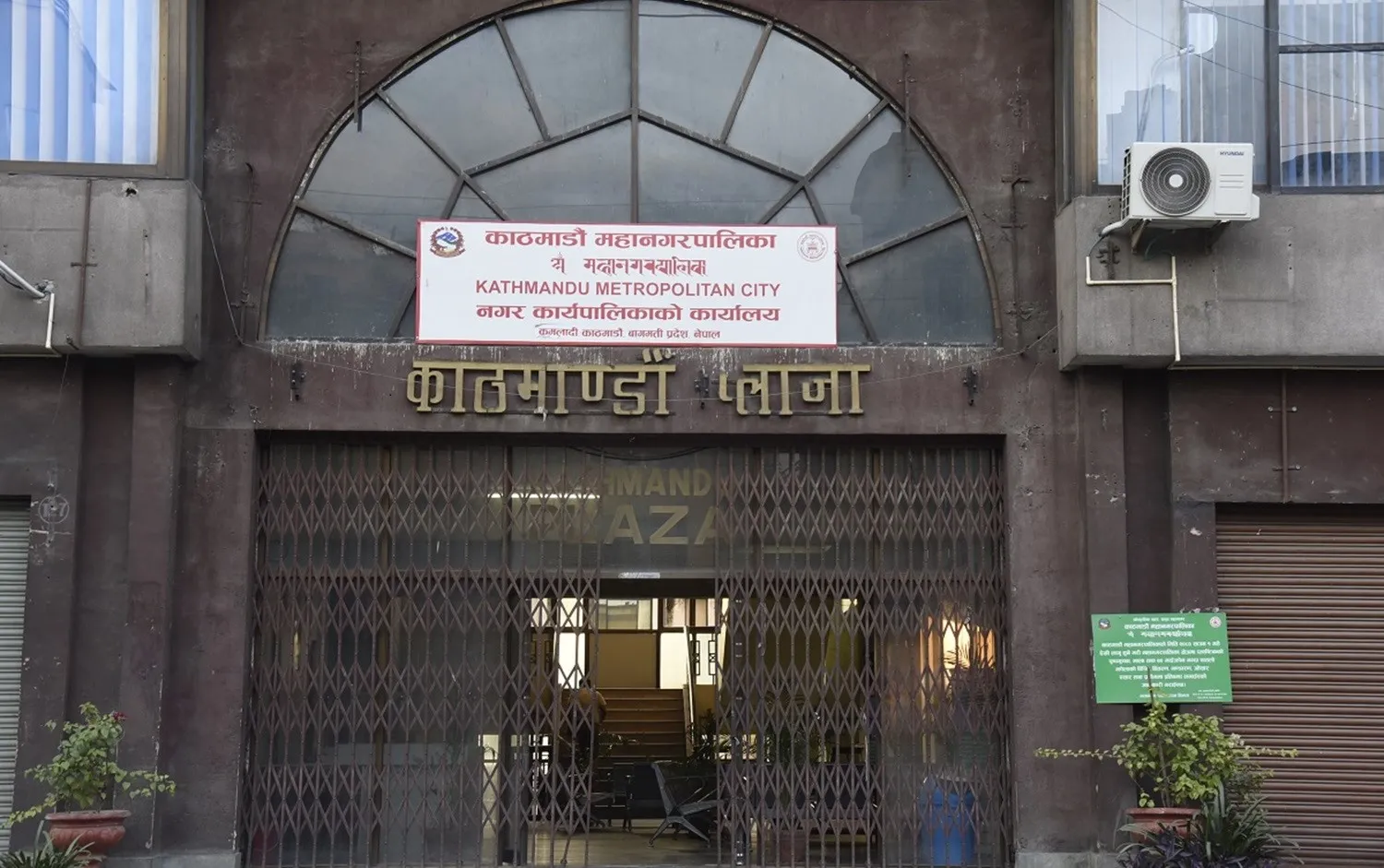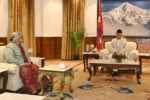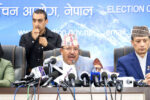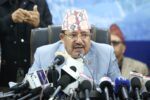KATHMANDU: The Kathmandu Metropolitan City (KMC) has arranged 374 beds across 52 hospitals to provide free treatment for helpless and poor individuals.
As per KMC’s directive, private hospitals are required to allocate a minimum of 10 percent of their beds and offer free treatment to these indigent patients.
Dhanendra Shrestha, a public health inspector at KMC’s health department, reported that 70 patients have benefited from the scheme since its launch last February.
Most of these patients are from outside the capital city.
This initiative came after private hospitals were found flouting legal provisions, prompting the KMC to introduce and strictly implement the “Free Treatment Work Procedure, 2080.”
Additionally, KMC has established an online system to check the availability of beds, treatment services, and other schemes at private hospitals.
Some patients have been discharged after receiving treatment, while others are still undergoing care.
Shrestha noted that the majority of these patients suffer from ear, nose, and throat (ENT) issues, kidney disease, respiratory problems, and eye conditions.
For more information about the treatment services or to access them, individuals can call the KMC hotline at 1180.
RSS








Comment